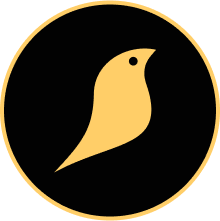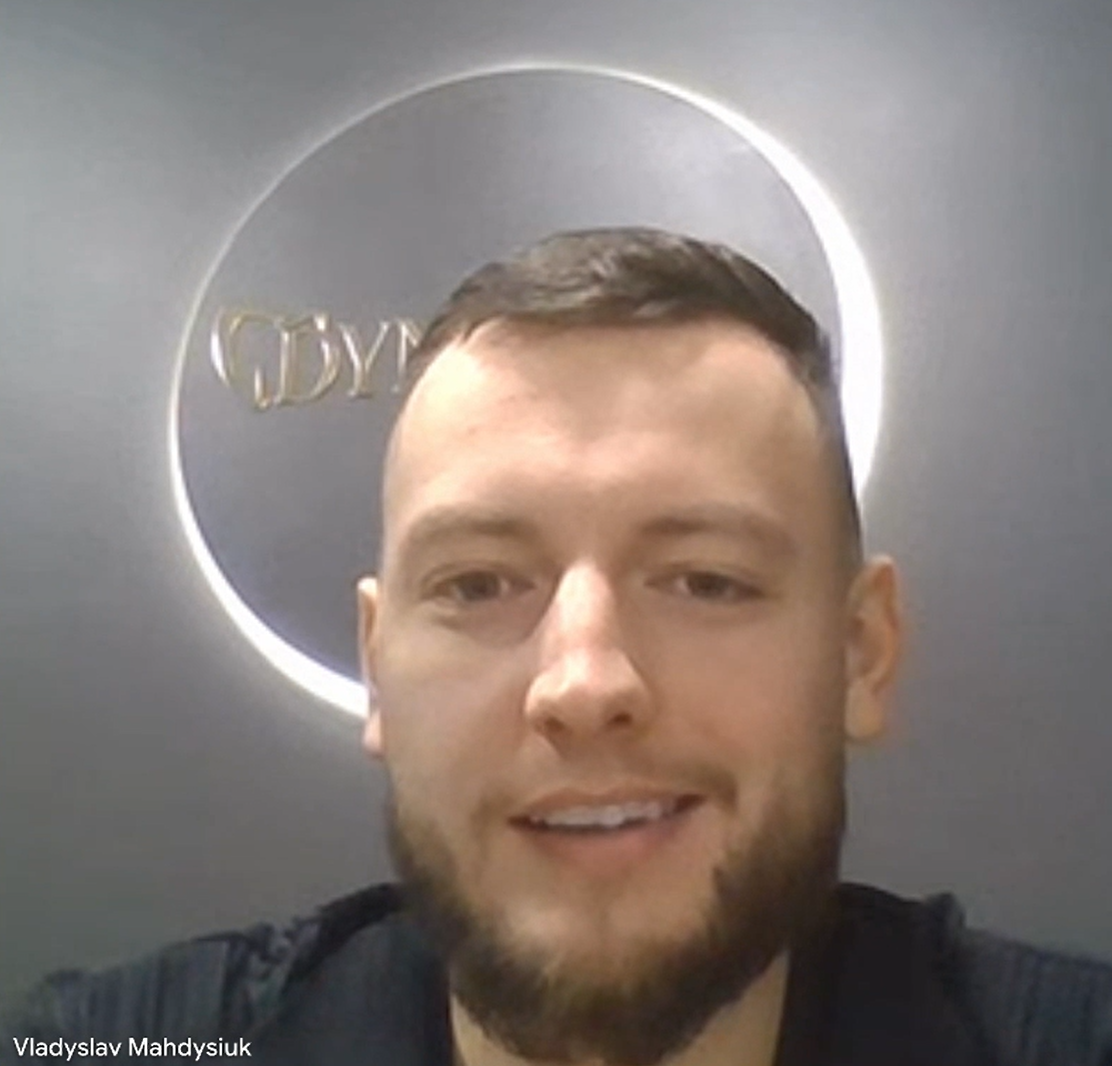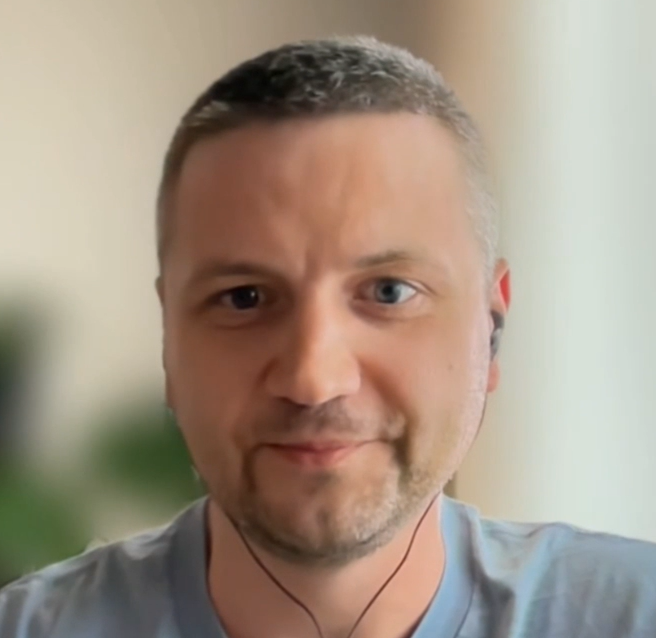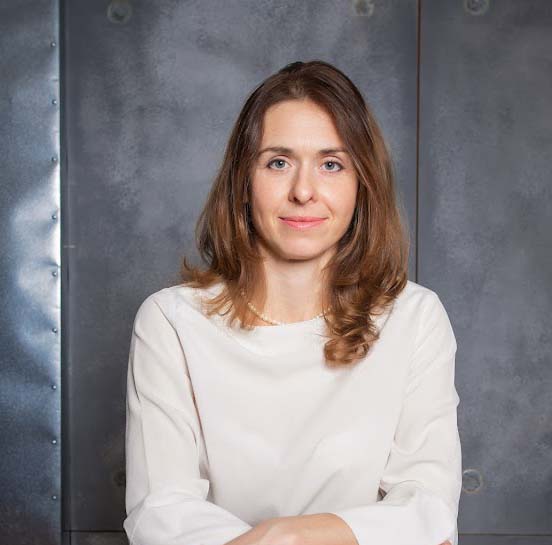Oh, a new application!

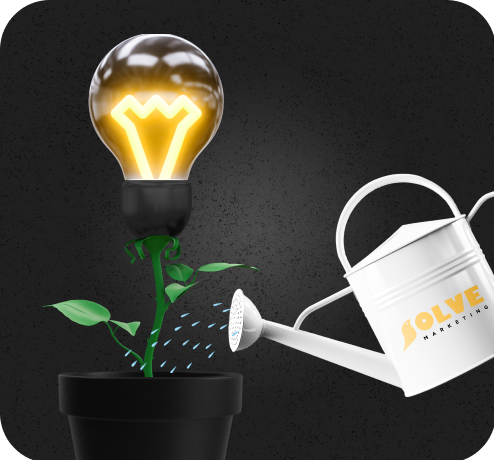
What do you need to know about
a remote marketing department for startups?
-
01
No need to waste time searching for, retaining, and supervising full-time specialists.
-
02
It's cheaper than hiring specialists with similar qualifications in-house.
-
03
Streamlined processes: modern frameworks, task management and transparent reporting.
What do we do?

Krystyna Hladunova, Partner at Solve Marketing
Krystyna Hladunova, Partner at Solve Marketing
When starting a new business
you will face questions:
-
01
How to prepare a project for a successful launch?
-
02
How to allocate a limited budget to do everything you need and not ‘drain’ funds?
-
03
To whom and where will we sell and what marketing channels should we use?
-
04
How to not only bring your project to the market but also build a brand?
-
05
How to resist competitors even when you don't know about their existence?
-
06
How to systematically track the progress of results?
How do we propose
to solve them?
-
We form your own marketing team, headed by a marketing specialist and a project manager.
-
We provide a comprehensive and flexible approach, from strategy development to achieving results.
-
We work as a full-fledged marketing department, personalized individually to your needs.

Violetta Demydenko, Head of PM Team
Violetta Demydenko, Head of PM Team
Who is included
in a startup marketing department?
From 6 to 15 specialists work on a project:



Khrystyna Stokolosa
Operational Marketer

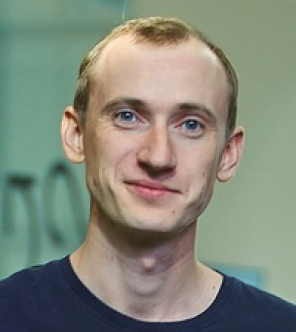
Petro Lozynskyi
Lead generation specialist
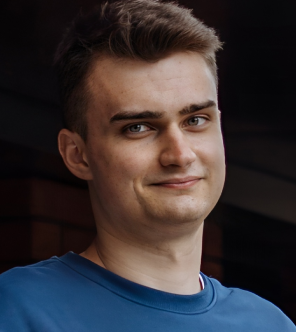
Andrii Sokoliuk
Lead generation specialist
- Designers
- SEO specialists
- Email marketers
- Content marketers
- SMM specialists
- Analysts
- Lead generation specialists
- WEB developers
- And others
The cost of a marketing department
It all starts with a free consultation with a Solve Marketing marketer.
The cost is calculated depending on your wishes, strategy and expected results. We have a flexible pricing format, so leave a request and we will select the best tariff plan for you.
We will discuss it during the consultation:
-
Plans and needs of your business.
-
Priority and stages of work.
-
The cost of such work.
Get a free consultation and a personalized offer.
How does
the cooperation works?
-
- We will learn more about your project.
- Discuss the stage of development and plans for the future.
-
- Determining what indicators we are focusing on: number of sales, amount of revenue, cost per customer, percentage of regular customers, etc.
- Determining the timeframe for achieving these indicators.
-
- Project goals and deadlines agreed with you.
- An agreement on the format of cooperation and the start of work.
- A personalized commercial offer.
1 hour
Free of charge
consultation
Individual
decision on the start
-
- Market, competitor, and project analysis.
- In-depth analysis of customer acquisition tools and hypothesis building.
-
- A list of 100+ key selection factors for your business.
- A list of selection factors that are critical to implement first.
-
The purpose of positioning is to make the differences of your product obvious, and the lack of positioning, on the contrary, makes any advertising communication ineffective.
-
- What needs to be improved in the product packaging to increase sales?
- How to differentiate yourself from competitors? How to simultaneously take into account the market needs and not offer the same thing as everyone else?
- How to attract and retain customers? Channels and funnels of engagement. A set of advertising tools and their impact on the result.
- Action plan based on the implementation of choice factors. Budgeting and reporting templates.
6 specialists
from 2 weeks
Plan for
achieving the result
-
- Development of corporate identity and brand book.
- Website development or revision.
- Design of social networks.
- Design of presentation materials.
- Creation of teasers and promotional videos.
-
- Development of hypotheses, sales funnels, and offers.
- Choosing channels and tools for lead generation, launching testing.
- Setting up a transparent analytics system.
- Evaluation of results, optimization, and achievement of planned targets.
6-15
specialists
First
results
Personalized
reporting
-
- Content marketing for customer retention: expert content, community building, etc.
- Implementation of a communication funnel to attract repeat sales.
- Implementation of a «care service».
- Development of loyalty programs and referral systems.
- Setting up a system for improving products, services, and offers based on live feedback.
-
- Search for new channels of customer acquisition.
- Localization and entry into new markets.
- Implementation of a strategy to increase the project’s presence in the market.
- Opening new segments of the target audience.
6-15
specialists
Achievement
of planned indicators
Developing
the brand
Cases

Will there be demand for a new product or not? One study provides answers to many questions of entrepreneurs.

How to avoid spending all the start-up capital on targeting? We show how we reduced the cost of leads by 40% in a month.
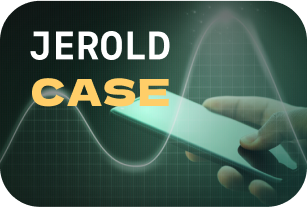
Should I entrust my own finances to a startup? We tell you how we increased loyalty to the project through communication.
Customer feedback
Answers to
frequently asked questions
Startup success factors can be divided into 4 key blocks:
- Product and customer value — a unique proposition that solves a specific problem.
- Team and expertise — skills in development, marketing and sales.
- Financial planning — access to investment and sound budget allocation.
- Marketing and promotion — quick access to the market through Customer Development to validate the business idea.
If even one of these elements is missing, a startup runs the risk of stalled growth. This is why many entrepreneurs opt for a remote marketing department for IT startups to shut down the strategic part.
Marketing for startups is a system of tools and strategies aimed at rapid business growth at minimal cost. Main areas of focus:
- Analysing the market and competitors.
- Marketing strategy development.
-
Product branding and packaging.
- Comprehensive lead generation with guaranteed results.
- Launch of advertising campaigns and analytics.
The main task is to test hypotheses and find effective sales channels. This approach helps a startup to enter the market faster and attract its first customers without spending too much money.
The classic 5P Marketing Mix model includes:
- Product — what exactly we are selling.
- Price — pricing strategy.
- Place — distribution channels.
- Promotion — advertising, PR, digital channels.
- People — team and customers.
For startups, this model is adapted for quick experiments: testing hypotheses, launching MVPs, testing lead generation channels. This is the approach we apply in the development of marketing strategy using the choice factors methodology.
A startup goes through several stages:
- Idea and validation — testing the business hypothesis through Customer Development.
- MVP — launch of minimum viable product.
- Go-to-market — market entry, testing sales channels.
- Growth — scaling, active lead generation.
- Expansion — entering new markets and attracting investment.
At each stage, it is important to involve marketing in time: from brand packaging to systemic advertising campaigns.
The key factor is the speed of adaptation.
The market is changing rapidly, and the one who is quicker to test hypotheses and scale successful solutions wins. To do this, startups need:
- flexible marketing;
- quick launch of advertising campaigns;
- analytics to track results;
- a ready-made team of specialists.
That’s why many companies choose remote marketing department Solve Marketing, which can be integrated in 1 week and works as a full in-house department.
The role of marketing in a startup:
- Attracting first customers through targeted advertising and lead generation.
- Brand building — recognition and trust.
- Increasing conversion — product packaging and website.
- Attracting investment — analytics and transparent KPIs.
Marketing turns an idea into a sustainable business. At Solve Marketing, we take a systematic approach: from strategy development to day-to-day support as a remote marketing department.
Startup
- Goal: rapid growth and hypothesis testing.
- Model: often still unstable, looking for “its niche”.
- Finance: attracts investment.
- Focus: on innovation and experimentation.
Classic business
- Objective: stable profit.
- Model: well-established and predictable.
- Finance: built on own income.
- Focus: on scaling a proven model.
In this way, a startup is an experiment and a business is a sustainable process. To move faster from the former to the latter, a marketing strategy for startups helps.
Przejdziemy na język angielski
Znajdujesz się teraz na stronie, która nie jest jeszcze dostępna w języku polskim. Sugerujemy więc przeczytanie wybranej treści w języku angielskim.


